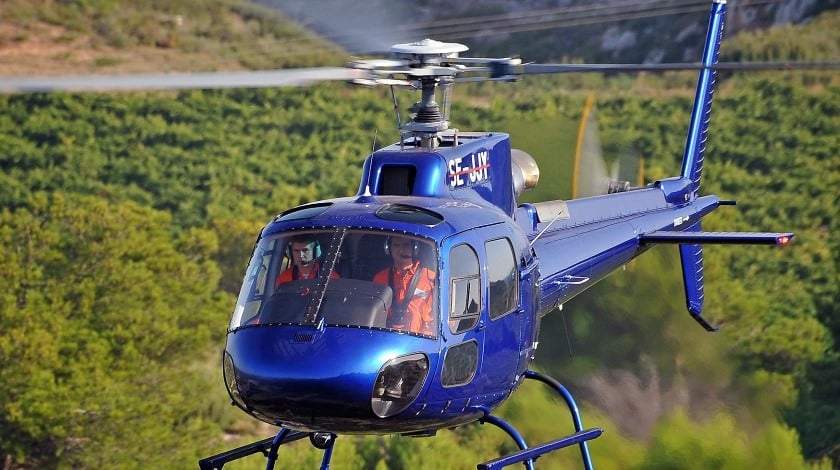Photo: Anthony Pecchi
Reading Time: 2 minutesGrowing number of organizations seems to put increasingly more attention on business process optimization (BPO) these days. Despite that, recent research shows almost half (48%) of these companies have no clue what BPO is and how to employ it. Among those are also helicopter operators, who lose millions if the supply chain or maintenance processes do not work in perfect harmony.
Aviation is very time-sensitive industry that does not allow any room for error or idleness. Helicopter or airplane maintenance schedules here are planned 3-5 years in advance and inaccurate inventory planning or component supply chain can mean serious losses. It comes as no surprise since companies from small to big are optimizing such processes, for example Airbus Helicopters is optimizing its components support system – currently 79% of all part orders are handled electronically using smart systems.
“There is an ultimate goal in the industry – to have the rotorcraft in ready to roll condition anytime there is need, however, a long list of tasks is required to be completed in order to have such confidence,” explains Anatolij Legenzov, the CEO of Helisota.
“Operators need to carefully analyse their fleet flying schedules, average mission durations as well as maintenance habits. Industry experts predict the overall increase of usage in global helicopter industry for at least couple of the following years, thus, the need for maintenance and spare parts supply planning is more crucial than ever.”
Precisely the latter is a hard nut to crack for operators that do in-house maintenance. The tricky process of dealing with the suppliers, deadlines, shipment terms as well as inventory storage challenge makes it simply not optimal for companies with 5-10 machines to store their own expensive inventory. Apart from the pricy storage, the team working on supply chain and maintenance needs to have up-to-date knowledge.
However, sometimes even after having done all of the homework, comprehensive flying trend analysis and full-scale training, the efficiency still does not meet operator’s standards. This may mean that company needs an essential change, one of such may be hiring third party specialists that can view at your data and operations from a fresh point of view.
Close to 70% of all companies participating in the process optimization survey conducted by AIIM saw process management as a change management, meaning, they see strong transition as the only path towards effectiveness.
“Nevertheless, there is a risky ways of jumping on the first opportunity possible and there’s methodical and careful selection of a trusted partner. The latter is comprised of meticulous analysis of companies that have not only vast experience in helicopter maintenance but in technical training, spare parts supply as well as full project management,” comments Anatolij Legenzov, the CEO of Helisota.
“For example, while some companies just started offering such versatile solutions, our experts noticed such demand back in 2007 and we have successfully assisted number of companies in managing their fleets, personnel training as well as maintenance efficiency ever since.”
According to the company’s experts, projects of such type can sometimes take up to 2 years to complete including full MRO support, maintenance personnel training as well as process management courses for managers. The time period stretches out due to the need of creating a new maintenance program, training the necessary personnel as well as ensuring a solid and reliable supply chain. “Despite that, it sometimes takes company a lot more years and millions of dollars to get an understanding that utilizing its fleet of helicopters efficiently is actually possible,” concludes A. Legenzov.

